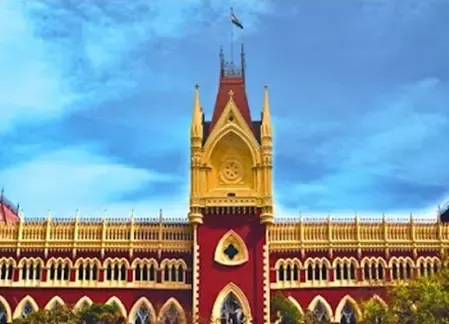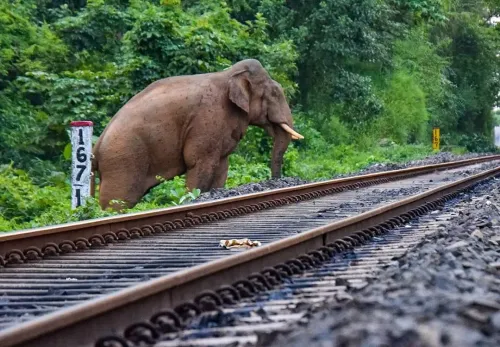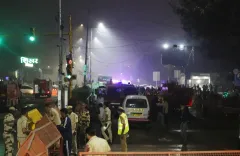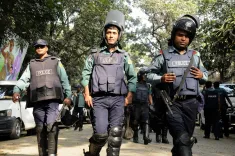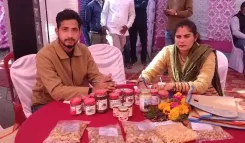Why is Jairam Ramesh Criticizing the Government's Delegation Choices?
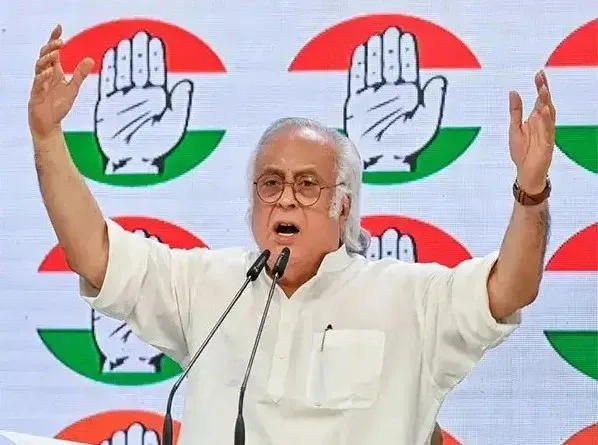
Synopsis
Key Takeaways
- Jairam Ramesh criticizes the Modi government for selective inclusion in delegations.
- Only one out of four Congress leaders was accepted for international representation.
- The Congress party emphasizes the need for unity on national security matters.
- Ramesh calls for an all-party meeting to discuss Pakistan-related issues.
- Historical references highlight the importance of collective political support.
New Delhi, May 18 (NationPress) In a scathing indictment of the Narendra Modi-led Central government, Congress General Secretary Jairam Ramesh expressed serious concern over what he termed as the government's complete insincerity and its penchant for political maneuvering on vital national matters. On Saturday, he addressed the media, lamenting that only one out of the four Congress leaders suggested was chosen for the government’s upcoming delegations to discuss India's position on terrorism from Pakistan.
Ramesh revealed that on the morning of May 16, the Central government requested the names of four Congress leaders or MPs to represent the party in these international delegations. He elaborated that the names were duly submitted in writing by Rahul Gandhi, the Leader of the Opposition in the Lok Sabha, to Union Parliamentary Affairs Minister Kiren Rijiju by noon on the same day.
In a post on social media platform X, Ramesh stated: "On the morning of May 16, the Modi government requested 4 names of Congress MPs/leaders for the delegations going abroad to explain India's stance on terrorism from Pakistan. The names were communicated in writing by the LoP to the Minister by 12 noon on May 16."
However, he lamented that the full list of delegation members released late on May 17 included only one of the four names proposed by the INC leadership, which he claimed underscores the complete insincerity of the Modi government and its tendency to engage in political games concerning serious national issues.
Ramesh added, "The included Congress MPs/leaders will undoubtedly contribute to the delegations. However, the INC refuses to stoop to the PM and the BJP's level, upholding the finest traditions of Parliamentary democracy without engaging in partisan politics regarding national security matters. We wish the delegations success, but they should not distract from our calls for all-party meetings chaired by the PM and a special session of Parliament to reiterate the resolution passed on February 22, 1994, and to address subsequent developments."
A controversy arose as the government named Congress leader Shashi Tharoor as one of seven MPs representing India at global forums to discuss Operation Sindoor, despite Tharoor not being among the four names proposed by Congress. Ramesh expressed disappointment at this discrepancy, highlighting the government's dishonesty in the process.
Ramesh further shared a letter from Rahul Gandhi to Kiren Rijiju, emphasizing the significance of party loyalty and the distinction between being in Congress and being of Congress. The Congress party had consistently supported the government’s diplomatic initiatives but was taken aback by the announcement of names without prior approval.
Ramesh reiterated the demand for an all-party meeting and a session of Parliament to discuss the government's position on Pakistan, questioning the PM's absence from these crucial discussions.
In conclusion, Ramesh pointed out how past leaders like Indira Gandhi managed diplomatic delegations, stressing the need for collective political backing in such matters.



